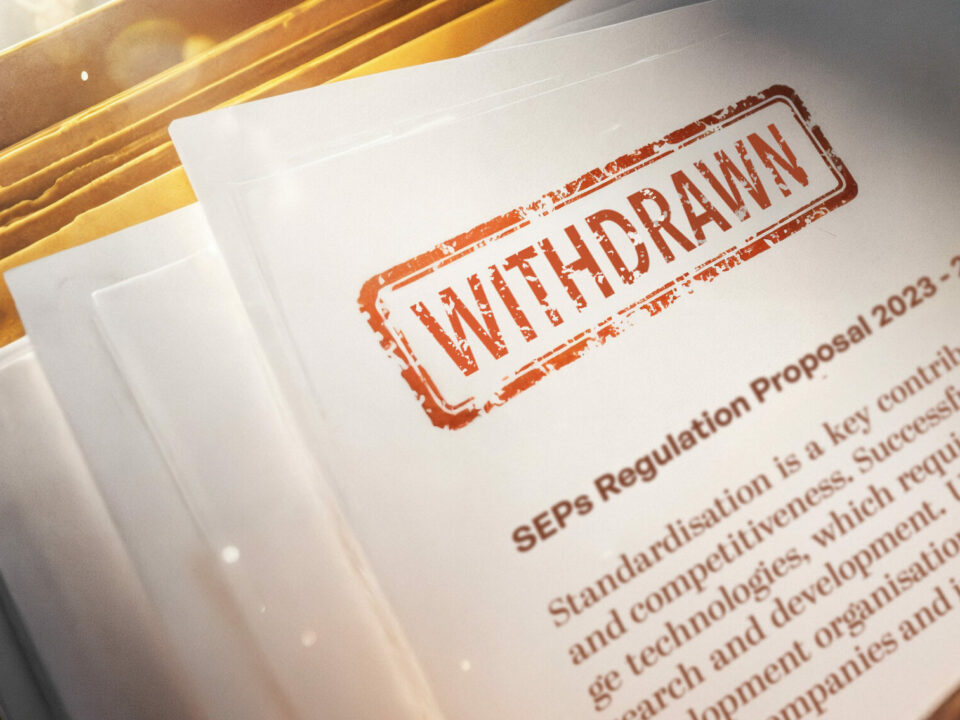The danger of compulsory component-level SEP licensing for Europe

[Brussels, 12.11.2019] According to Francisco Mingorance, Executive Secretary, IP Europe:
“Component-level licensing is not about increasing access to standards or the advance of technology or fairness or consumer interest. It is a coordinated strategy by large technology implementers to reduce even further the already modest levels of remuneration for European cellular technology innovators.
At first glance, imposing component level licensing for standardized technologies might appear to be rather insignificant, but this would be a very one-sided and damaging change. Furthermore, requiring this untested approach would radically change the European system of licensing open standards: by depriving technology developers of their freedom to contract with technology implementers, who realize the value derived from the use of cellular technology in their products. Technology implementers would have you believe that component level licensing would be fairer and easier. The reality is that advocating for component level licensing is a tactic used by implementers to avoid their responsibility to license fairly and appropriately with the technology developers who have enabled the global wireless marketplace.
As was stated by European Commission President-Elect von der Leyen: “long term success is also a question of sovereignty. Technologically, we have to develop European solutions and standards (AI, 5G, next generation cloud).”
To be able to continue to lead in cellular technology and other emerging open standards development, European technology developers need to be able to continue licensing their inventions to end-product manufacturers fairly, and in a manner that reflects the added-value derived from the use of their technology. Mandating component level licensing would disrupt the global balance in licensing and open standards development and could ultimately force Europe to rely on non-EU providers for its standardized cellular infrastructures.”



